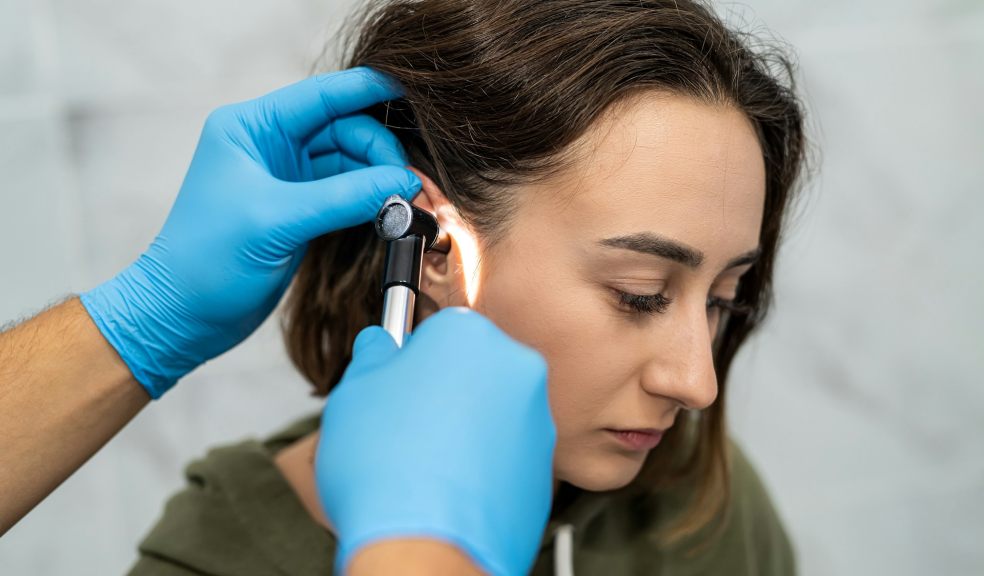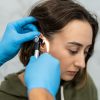
Tinnitus Retraining Therapy in London: What to Expect at Your First Appointment
If you’re considering tinnitus retraining therapy (TRT) in London, it’s natural to feel uncertain about what will happen in your first session. To shed light on the process, we spoke with a tinnitus specialist at Verified Hearing , a leading London clinic offering TRT. They explained that the first appointment is designed to understand your tinnitus in depth, rule out underlying causes, and begin shaping a therapy plan tailored to your needs.
Step 1: Understanding Your Case History
The first part of the session focuses on your tinnitus story: when it began, what it sounds like, and how it affects your day-to-day life. You’ll also be asked about lifestyle factors such as stress, sleep, and noise exposure. This initial conversation is crucial because tinnitus can have many triggers, from hearing loss to environmental stressors, and your history gives the clinician the full picture.
Step 2: Hearing and Diagnostic Tests
Next comes a set of diagnostic checks. A hearing test will be carried out to look for hearing loss, while a brief ear examination rules out issues like wax build-up or infection. Some clinics also use psychoacoustic measures to match the pitch or loudness of your tinnitus, which can be useful for tracking progress later on. These tests help ensure that no medical cause is overlooked and that therapy can be properly targeted.
Step 3: Measuring the Impact
To assess how much tinnitus is affecting your quality of life, you may be asked to complete short questionnaires such as the Tinnitus Functional Index questionnaire. These provide a baseline and make it easier to track improvements over time. Research has shown that such tools are highly effective in tailoring therapy and measuring outcomes, especially when progress is gradual.
Step 4: Education and Counselling
The tinnitus specialist at Verified Hearing emphasised that one of the most valuable parts of the first appointment is education. “We explain that TRT doesn’t remove the tinnitus sound itself, instead, the goal is to retrain the brain so that the sound becomes less noticeable and less distressing,” they said.
Counselling is structured and informative. Patients often find that simply understanding how tinnitus works and how the brain’s emotional response makes it feel louder or more intrusive can be a turning point in reducing frustration and anxiety.
Step 5: Creating a Personalised Plan
Before you leave, the clinician will outline a therapy plan. This usually involves:
- Sound therapy: Using hearing aids, sound generators, or background sound to reduce the contrast between tinnitus and silence.
- Follow-up counselling: Sessions to reinforce coping strategies and provide reassurance.
- Lifestyle guidance: Stress management, relaxation exercises, and sleep support to address factors that make tinnitus worse.
The key message is that TRT is a journey. Change happens gradually as the brain adjusts to the sound, and commitment to the plan is essential.
How Long Does TRT Take?
TRT is not a quick fix, but a steady process. Many people notice improvements in their reaction to tinnitus within about three months. More consistent changes often appear after six to twelve months, and full habituation may take 12–18 months, depending on individual factors. Patience is important, but the long-term results can be life-changing.
What Outcomes to Expect
While experiences vary, most patients report:
- Feeling calmer and less anxious about tinnitus
- Better concentration and sleep
- A significant improvement in quality of life as the sound fades into the background
As the expert put it: “We can’t switch tinnitus off, but we can help people live as if it isn’t there.”
How to Prepare for Your First Appointment
To get the most out of your visit, it’s helpful to bring:
- A list of medications and relevant medical history
- Notes about when and how you notice your tinnitus most
- Any hearing devices you already use
Arriving with this information ensures your therapy plan is as personalised as possible.
References
- NHS. Hearing tests. Available at: https://www.nhs.uk/conditions/hearing-tests
- Hoare, D. J., et al. (2020). Clinical efficacy of tinnitus retraining therapy: A systematic review. Journal of Clinical Medicine. Available at: https://pmc.ncbi.nlm.nih.gov/articles/PMC7209976
- Medical News Today. Tinnitus retraining therapy: Procedure, effectiveness, and outlook. Available at:https://www.medicalnewstoday.com/articles/tinnitus-retraining-therapy
- Verified Hearing. Tinnitus retraining therapy London. Available at: https://verifiedhearing.com/tinnitus-retraining-therapy-london/

















